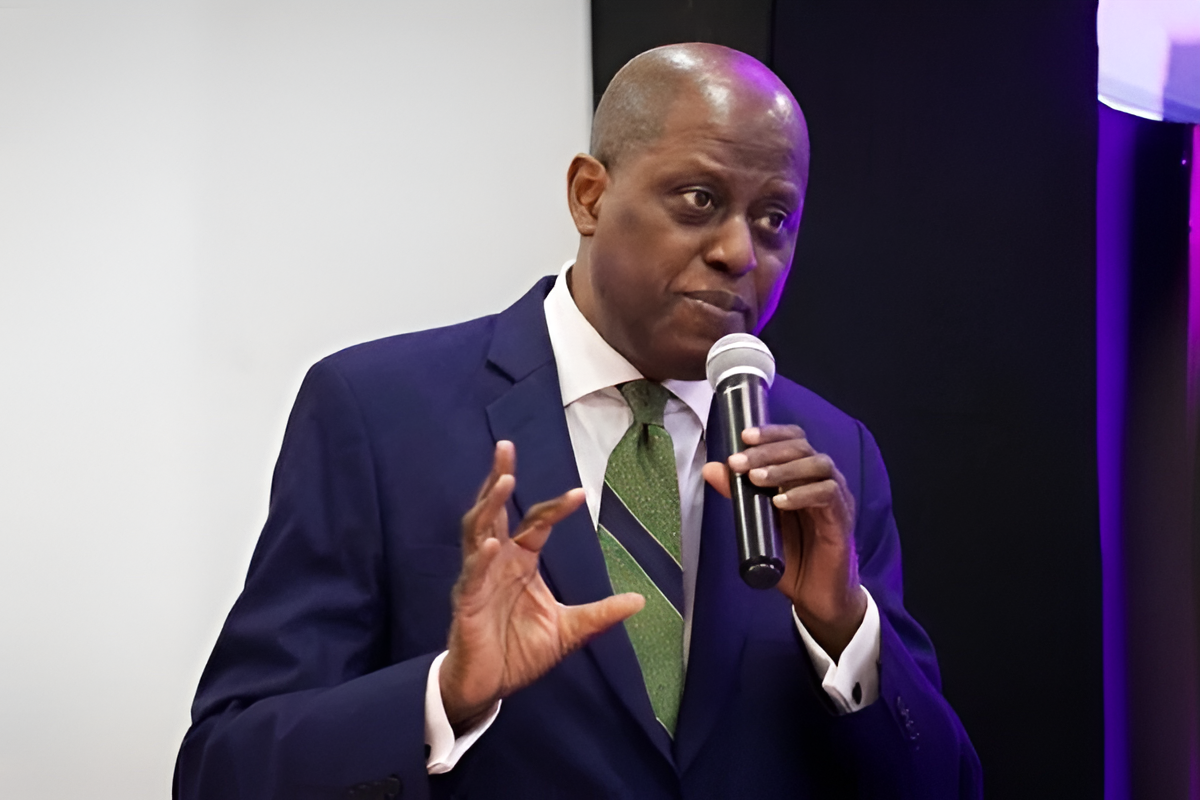According to the governor of the Central Bank of Nigeria (CBN), Olayemi Cardoso, the apex bank is steadfast in its resolve to uphold orde
According to the governor of the Central Bank of Nigeria (CBN), Olayemi Cardoso, the apex bank is steadfast in its resolve to uphold order in the nation’s foreign exchange market by locating and stopping dishonest players whose actions jeopardise the naira’s stability.
This occurred after research revealed that the naira had a minor decline in value on Tuesday, closing at N1,532.39/$ on the official foreign currency market, as opposed to N1,531.19/$ on Monday.
Despite slight market volatility, this represents a modest 0.08 per cent decrease, suggesting relative stability. As the market adapts to new changes and shifting demand-supply dynamics, the movement points to ongoing volatility within a small range.
A consistent difference between the official and parallel market prices was seen in the exchange rate at the Bureau De Change section, which stayed constant at N1,570/$ for both days.
The unaltered BDC rate indicates that, despite the CBN’s increased monitoring and intervention efforts across FX windows, the demand for actual dollars in the black market is comparatively steady.
The CBN’s larger efforts to bring the FX market in line with market fundamentals coincide with the minor depreciation at the official window.
During the February 2025 Monetary Policy Committee meeting, Cardoso clarified the bank’s stance in a statement that was posted on the central bank’s website on Tuesday.
The CBN governor emphasised the bank’s responsibility to protect the market from actions that jeopardise investor confidence and price stability.

“Considering the significance of the exchange rate in combating inflation, maintaining economic recovery, and promoting wider financial stability, we need to keep a close eye on our foreign currency market and eliminate any dishonest players and activities that jeopardise the market’s efficiency and exchange rate stability. The Central Bank is steadfast in its pursuit of this goal,” he stated.
The statement comes after the CBN implemented a number of changes aimed at stabilising the naira, regaining investor trust, and bringing the FX market closer to market norms.
The Nigeria Foreign Exchange Code and the Electronic Foreign Exchange Matching System (B-Match) are two examples of measures aimed at promoting ethical behaviour, enhancing operational efficiency, and increasing transparency.
A relative appreciation of the naira and more liquidity in the foreign exchange market are two examples of how Cardoso claimed that these measures are already having an impact.
He ascribed this to a resurgence of confidence among international investors, which was supported by continued export earnings, remittance inflows, and foreign direct investment.
Investor sentiment has been steadily improving, the governor of the apex bank remarked, and demand is moving more and more to the official FX window as a result of fewer speculative pressures.
Cardoso and other members evaluated the effects of current measures on inflation and financial stability during the MPC meeting, which kept the Monetary Policy Rate at 27.50 per cent.
Particularly after the National Bureau of Statistics rebased the Consumer Price Index, the committee observed that the FX reforms and tighter monetary conditions are helping to gradually reduce inflationary pressures.
The CBN governor underlined that the foreign exchange market is still a major source of pressure on Nigeria’s macroeconomic outlook in spite of these developments.
To prevent malpractice in the market, he emphasised the necessity of constant watchfulness and stringent regulatory supervision.
Additionally, he recognised that preserving stability in the foreign exchange market is not only a financial objective but also a prerequisite for resilience and wider economic recovery, particularly in a setting that is still getting used to the elimination of fuel subsidies and fiscal measures.
Broader macroeconomic developments, such as a positive current account balance, rising oil production, and strong external reserves, were also underlined in the February MPC announcement. These developments all support the CBN’s ability to control liquidity and protect the naira.
Although there are still issues, Cardoso pointed out that the key to creating a more reliable and robust financial system is coordinating monetary and fiscal policy, together with implementing institutional changes and conducting focused surveillance.
newscentral.africa
